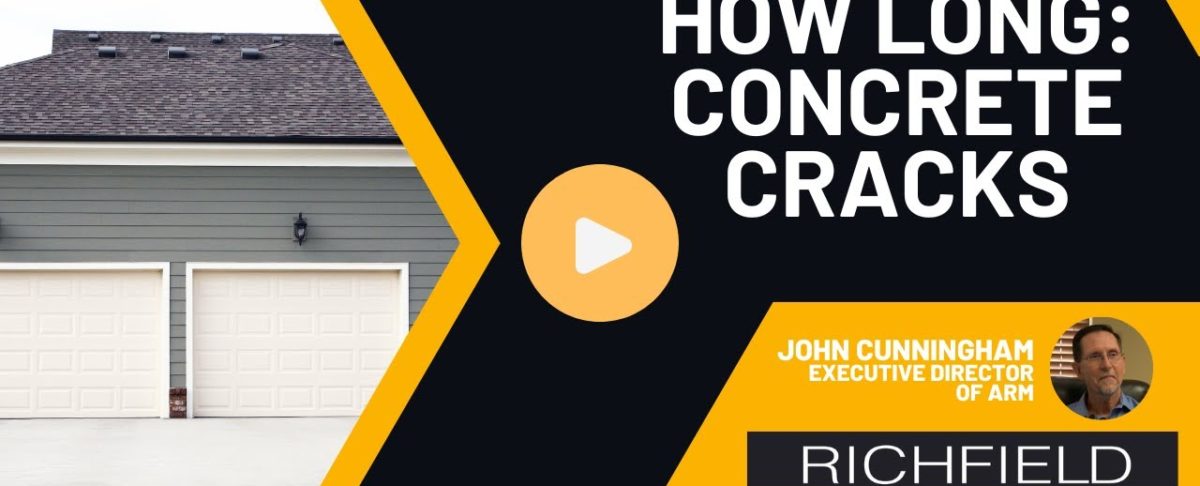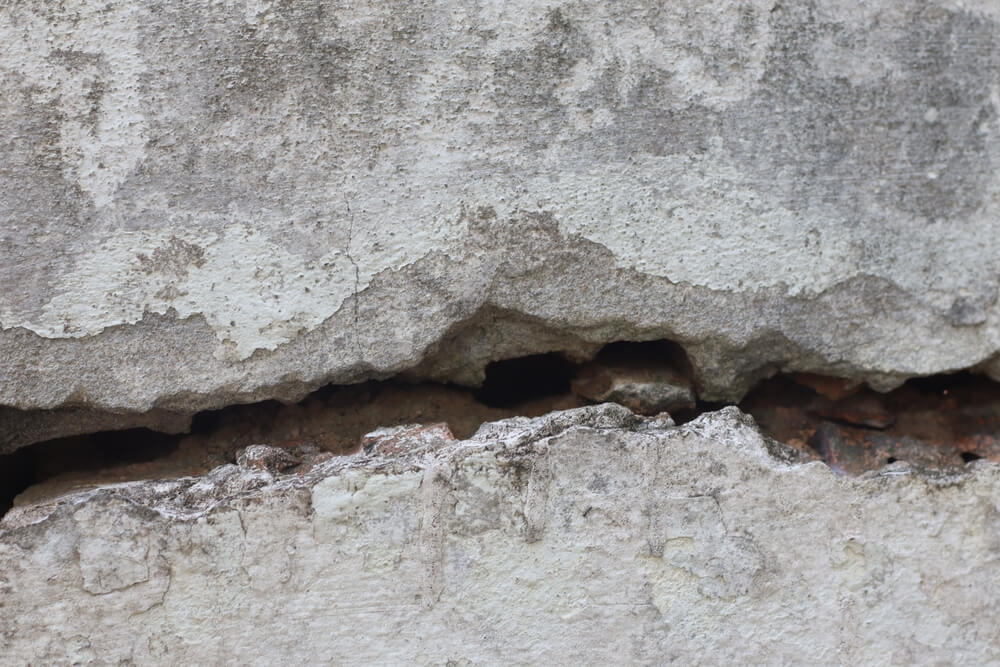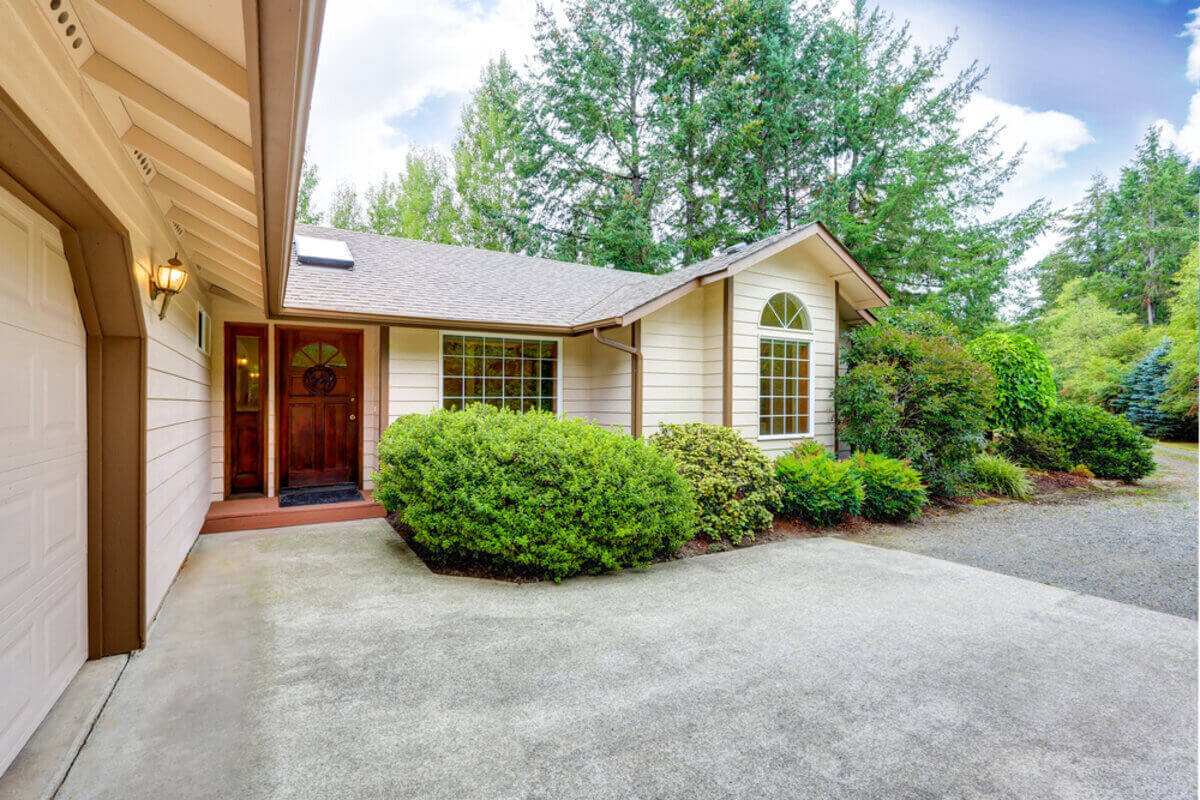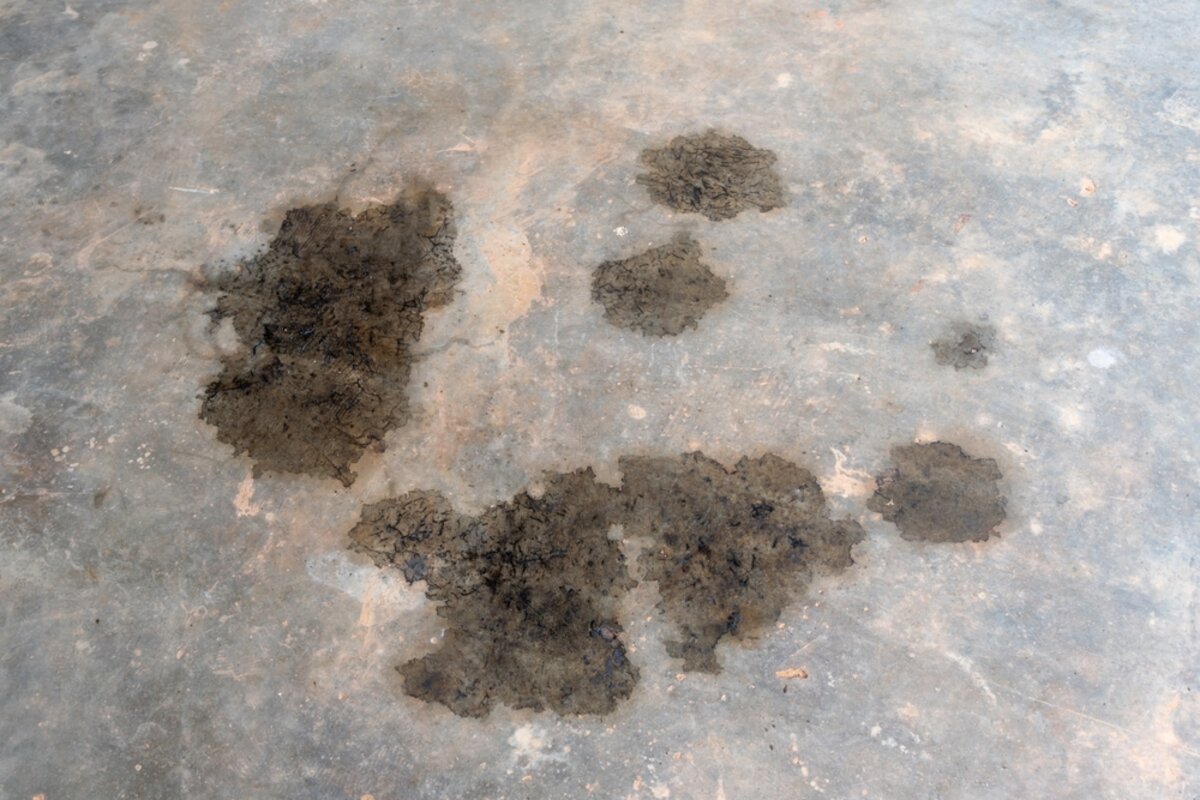When it comes to construction, concrete is one of the most widely used materials. Despite its popularity and many advantages, one of the most common questions often heard is, “How long does it take for concrete to crack?”
The answer is not straightforward, as various factors can influence the rate and extent of cracking. This article will delve into the different elements that contribute to the cracking of concrete, offering insights into when and why this natural phenomenon occurs.
What Causes Concrete to Crack?
Ingredients and Mixing Process
The quality of the ingredients and the mixing process can significantly impact the resilience of the concrete. Substandard ingredients or improper mixing can create weak spots, which may cause the concrete to crack prematurely.
Environmental Conditions
Environmental stressors, such as extreme temperatures, humidity, and standing water, can cause the concrete to expand or contract, leading to cracks over time.
Design and Purpose
The design and intended use of the concrete structure also play a role. In some instances, cracks are intentionally planned to manage the stress and expansion of the material effectively.
The Role of Design in Concrete Cracking
Understanding that concrete will eventually crack is an essential part of any construction project. Engineers often design concrete structures with specific “joints” to control where the concrete will crack. These are called control joints and are placed to absorb the stress from the concrete’s natural tendency to expand and contract with temperature changes and settling.
Transverse Joints
In concrete pavements, for instance, transverse joints are often designed to crack within days or weeks after placement. This is a deliberate attempt to manage the stress points within the structure.
Longitudinal Joints
On the other hand, other types of joints like longitudinal joints may take much longer to crack, sometimes over a year or more. These are designed to bear a different type of load and stress compared to transverse joints.
When Can You Expect Concrete to Crack?
Since we’ve established that numerous factors contribute to the timing of concrete cracking, it’s not possible to provide a one-size-fits-all answer to the question, “How long does it take for concrete to crack?” However, general guidelines can give you an idea.
Short-Term Cracking
Some cracks can appear within 24 to 48 hours, known as plastic shrinkage cracks, caused by rapid loss of water during the setting stage.
Long-Term Cracking
For other structures, it might take years before any noticeable cracks appear. These cracks often result from environmental stresses or structural loads that accumulate over time.
Managing and Preventing Concrete Cracks
Quality Control
Ensuring the use of high-quality ingredients and proper mixing techniques can go a long way in preventing premature cracking.
Proper Design
Intentional design elements like control joints can help manage where and when the concrete will crack, thereby extending the life of the structure.
Regular Maintenance
Regular inspections and repairs can help identify and manage cracks before they become significant issues.
Conclusion
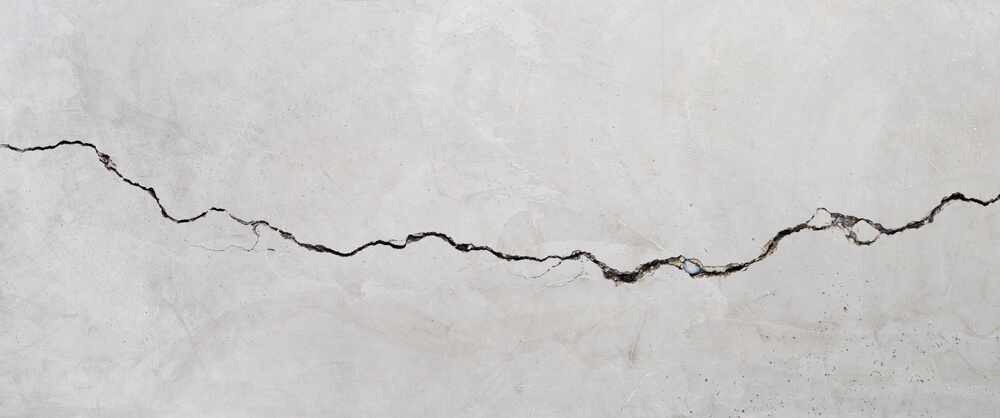
So, how long does it take for concrete to crack? The answer varies depending on a host of factors, including the design, quality of ingredients, and environmental conditions. While it’s impossible to entirely prevent cracking, understanding these variables can help you manage and mitigate the impacts effectively. Contact Richfield Concrete today to learn more about how long it takes for concrete to crack.




